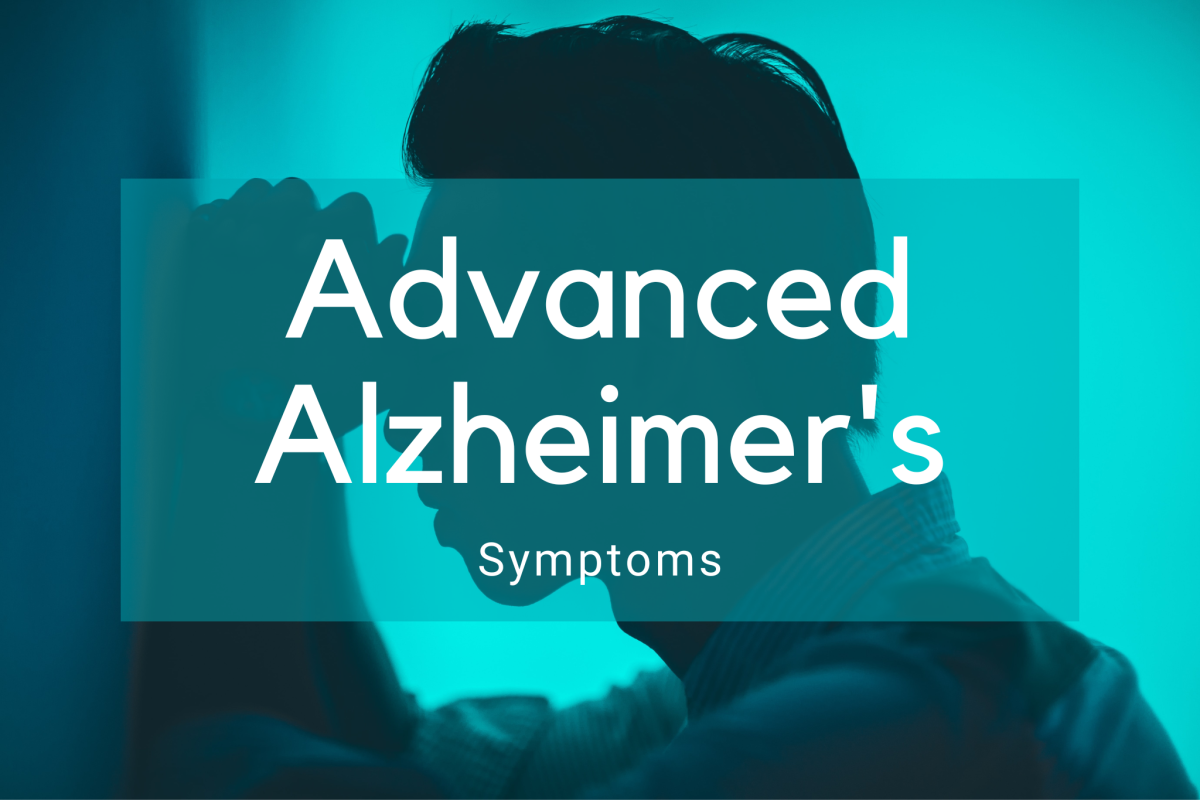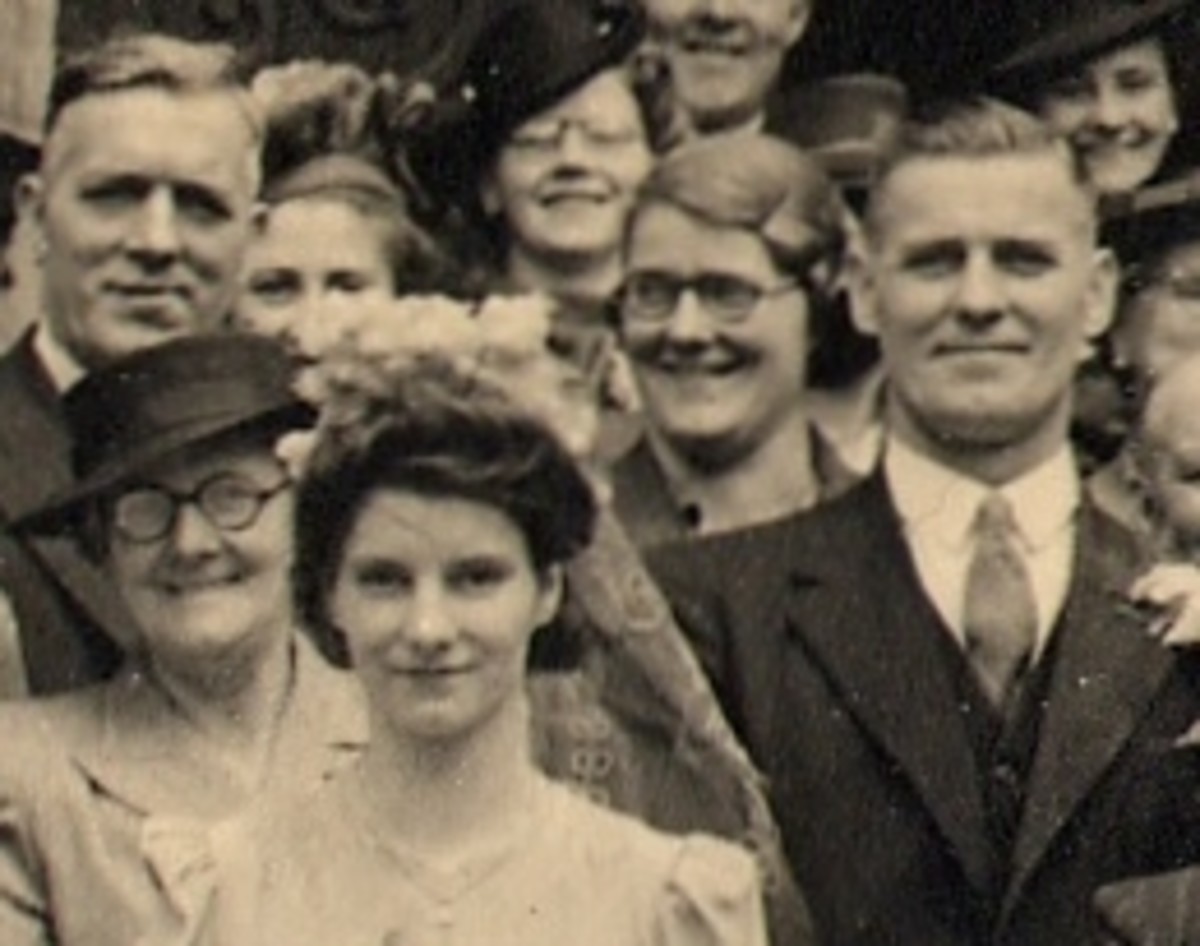Lewy Body Disease: Dementia Seldom Discussed
Lewy Body Disease needs to be recognized and addressed .
What is the first disease you think of when you hear the word dementia ? Alzheimer's Disease, correct? In fact, I would venture to guess that if a random sample of one hundred individuals were asked the same question, Alzheimer's would be the answer from each of them. That is, unless one of those individuals had been touched by Lewy Body Disease. Despite the fact that Lewy Body Disease is the second most common cause of dementia, very few people, including physicians, are familiar with the disease. I was one of those people, until my mother was diagnosed a few years ago.
This form of dementia and Alzheimer's Disease have quite a few symptoms in common: progressive forgetfulness, confusion alternating with periods of lucidity, a tendency to repeat the same words and phrases,and loss of short term memory, to name a few. As both diseases progress, strict adherence to established routine is a must. It is also important to be aware of the differences between the diseases, because not all medications are appropriate for treating both diseases. In fact, giving a patient with Lewy Body some of the psychotropic drugs used to treat Alzheimer's can be exremely dangerous.
Unlike Alzheimer's, Lewy Body Disease is associated with Parkinson's Disease, which means that a person afflicted with Lewy Body might exhibit symptoms such as tremors, unsteadiness, and falling. For another thing, those with Lewy Body, although they more than likely show some signs of depression, usually do not exhibit the hostility often seen with Alzheimer's patients. They also seem better able to conceal the extent of their debility for a longer period of time than those with Alzheimer's, at least in my mother's case. Finally, hullicinations, during both waking and sleeping hours, often appear.
We were fortunate that my mother was correctly diagnosed early on in her illness. The family doctor she had been seeing for years had been dismissing her concerns about increasing confusion and forgetfulness as "old age." My sister, who lived with Mother, convinced her to change doctors. Her new physician, a gerontologist, tested her and ultimately diagnosed her with Lewy Body. This physican was well acquainted with the disease, since her father had been one of its victims. She explained that the disease was progressive but that there was no way to predict the speed of progression. When Mom was diagnosed, she was still an active, independent 86-year-old who had no problem caring for herself, driving, taking long daily walks, and lunching with her friends on a weekly basis. Eventually, that all changed.
Not long after my mother was diagnosed, we asked the doctor if it was safe for Mom to continue driving. She suggested that my mother be tested at a local medical facility that routinely offered driving tests for senior citizens. Saddened that Mom would lose so much of her independence but certain that she could not pass the test due to increasing confusion, we witnessed first hand how lucid Lewy Body patients can be at times. She passed the test. We were amazed and pleased for her, but we were also constantly fearful that she might hurt herself or someone else when increasing confusion replaced the lucidity. In fact, when she had trouble remembering how to get to the doctor's office (less than two miles from her home) one day, her physician decided that it was time to intercede. She explained to Mom as compassionately as possible that she wouldn't be driving anymore. Although this was devastating news, Mom seemed to understand on some level that it was necessay.
As the disease progressed, my mother started staying in bed for increasingy longer periods of time, often had no desire for food, and, in fact, often forgot to eat if someone didn't actually put food in front of her. My sister stocked the kitchen with Mom's favorite foods , but Mom didn't eat them unless someone served them to her. It got to the point that I took her a milkshake (which she eagerly devoured) almost every day just so she would have enough calories to keep her strength. The Lewy Body coupled with heart disease caused her to lose a lot of weight. The athletic, 5', 5" well-toned woman who had been an attractive size ten or twelve was now a tiny-statured size six who stood well beneath my 5'4".
Anyone who has ever watched a parent slip into the murky waters of dementia ultimately has had to make the difficult decision of how to make sure his/her parent is safe 24 hours a day. There seldom is a clear-cut solution; in our case, a decision was complicated by the fact that although my sister lived with Mom, she worked eight to ten hours a day. Neither my mother nor my sister would consider any type of assisted living arrangement; Mother was adamant about remaining in her home. Finally, after much agonizing, arguing, and comtemplating, Mom's deteriorating mental and physical condition made it necessary to arrange for home care. Mother wasn't pleased with that set-up, either, but soon several hours of help a day had increased to 8-10 hours. When the Parkinson's aspects of Lewy Body set in, we had caregivers coming in to keep an eye on her at night, too. Fortunately, she had two particularly skilled and compassionate caregivers.
It became necessary to have someone available at all times to make sure Mom got out of bed each morning, watch her take her countless medications, prepare simple meals, and, ultimately, help her bathe, dress, and perform simple daily tasks. Looking back on it, the beginning of her numerous falls (the first occurred as she was getting out of bed) marked the beginning of the end. The last few months of her life were filled with endless trips to the hospital due to cardiac issues plus one fall after another. She spent her last weeks in a hospital bed in her den. The last fall resulted in a broken back, which hospital personnel neglected to diagnose for a week. By the time surgery was performed, Mother was in agonizing pain and almost comatose. She died a week after the surgery, three weeks after her eighty-ninth birthday. I miss her; I started to miss her months before she died.
We learned many things from our brush with Lewy Body Disease. One of the most important was that no matter what label is given to any type of dementia, they all have one thing in common: they progressively rob a person not only of the ability to function but also of basic dignity, and it is up to those who love her just to keep loving her.
Disclaimer: This article is intended to raise awareness of the second leading cause of dementia. It is not designed to take the place of medical expertise.








